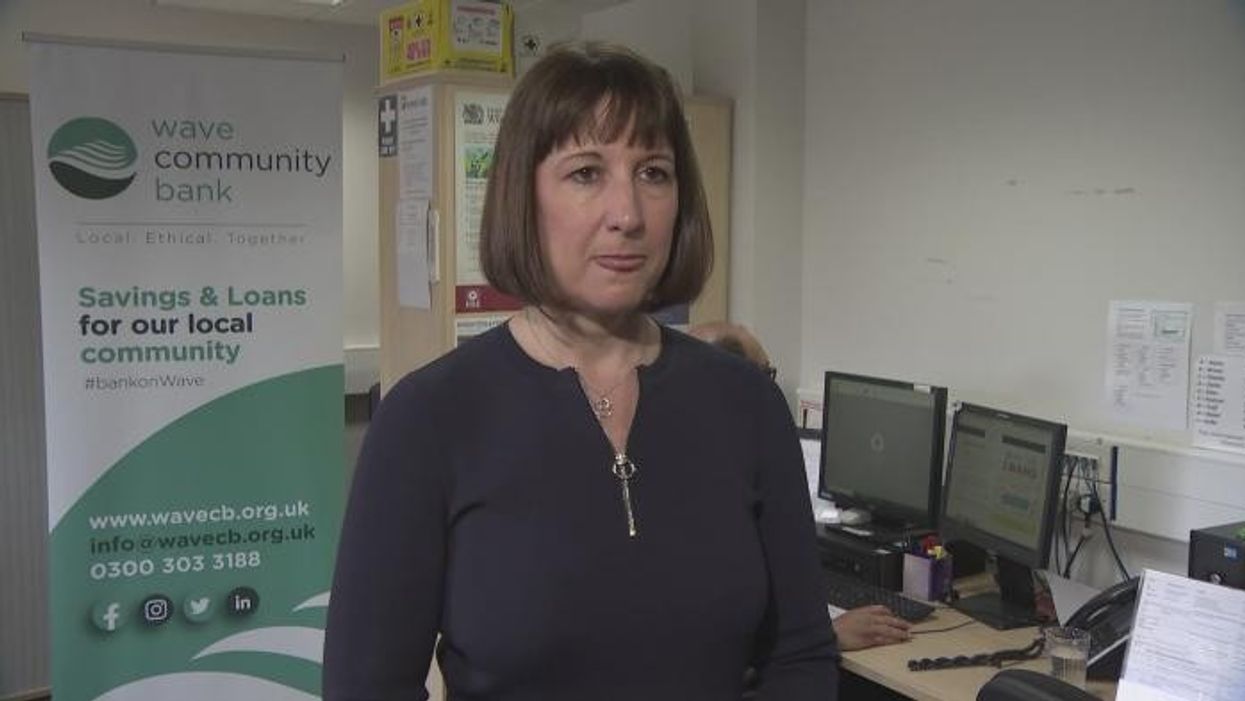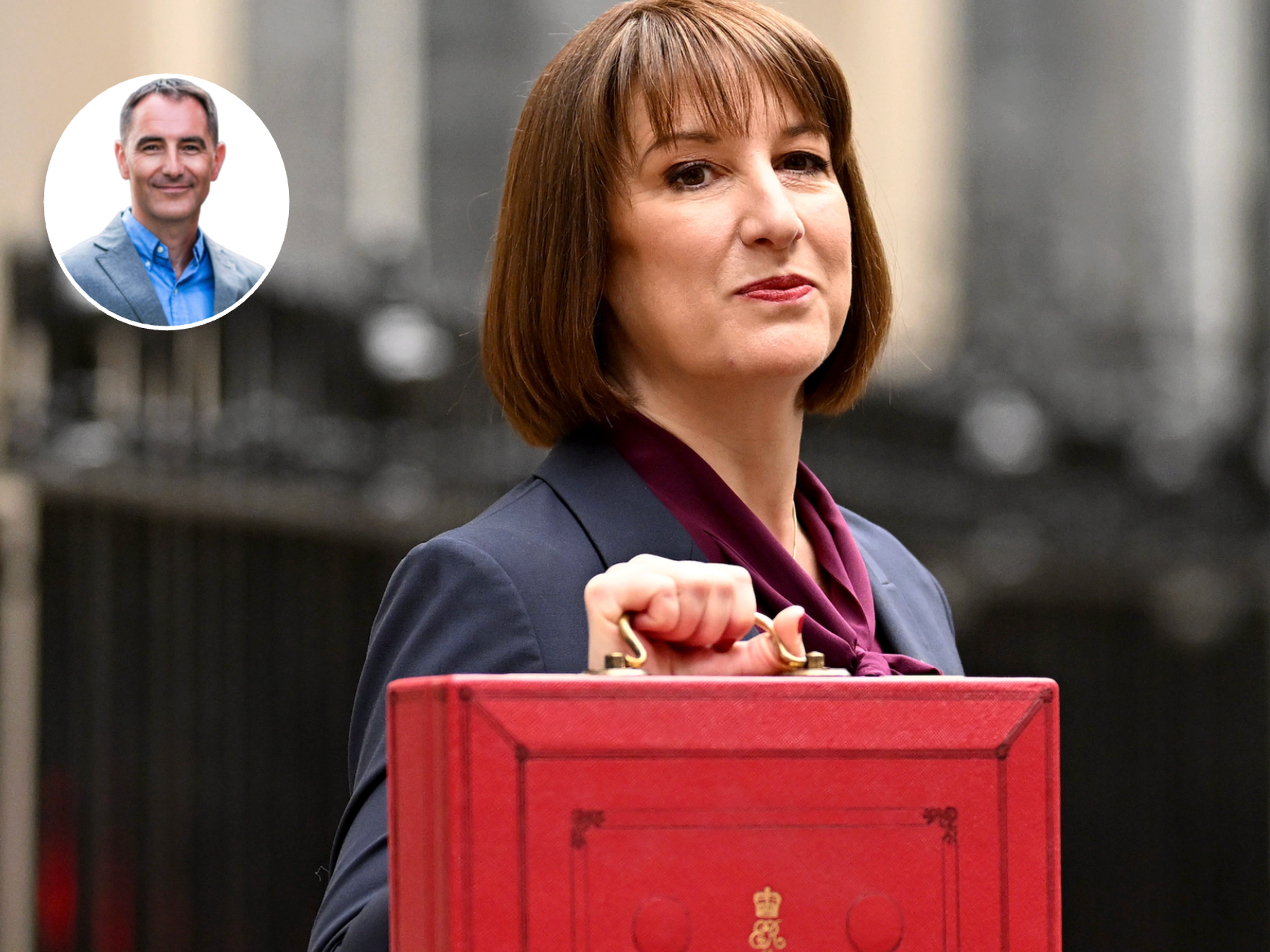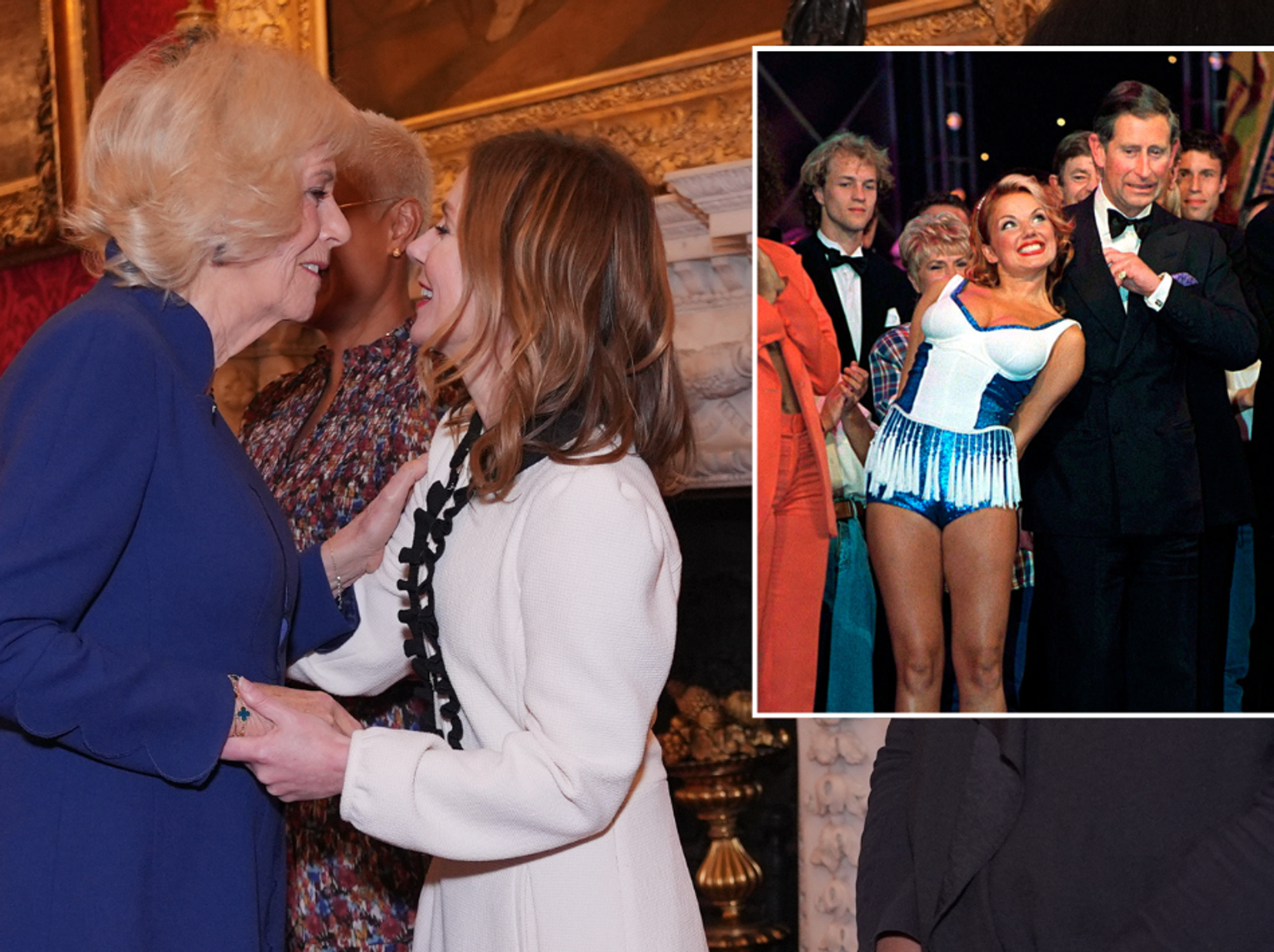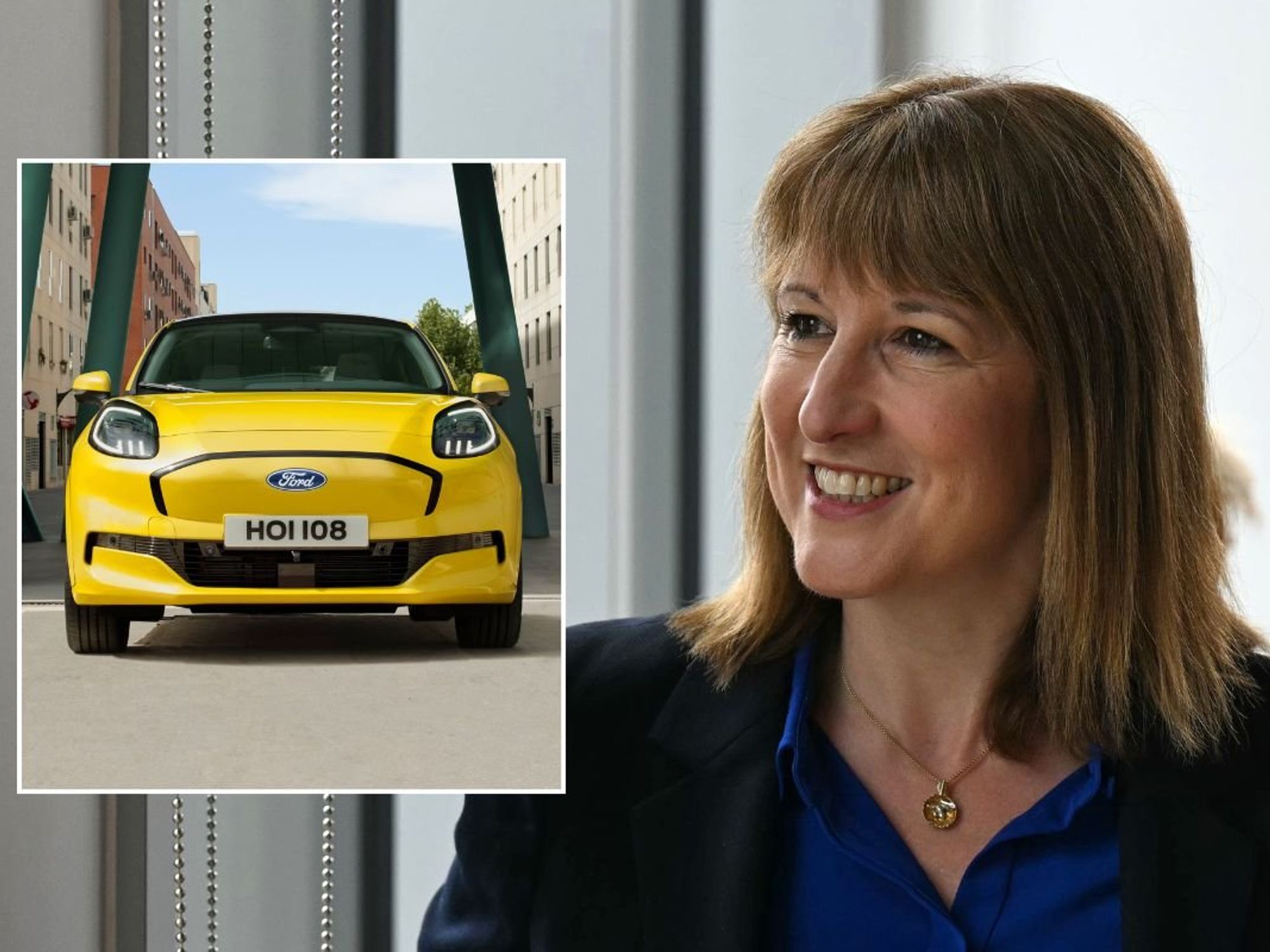Rachel Reeves dodged a crucial question repeatedly today, offering little more than ambiguity - analysis by Tom Harwood

The leading Labour politician appeared to sit on the fence on the crucial issue of housing
Don't Miss
Most Read
Latest
Speaking to reporters today in a visit to Wave Community Bank in Hove, Shadow Chancellor Rachel Reeves repeatedly refused to say whether or not house prices are too high.
Her reluctance to take a firm stance on the matter has raised questions of the Labour Party's position on the profound housing crisis in the United Kingdom.
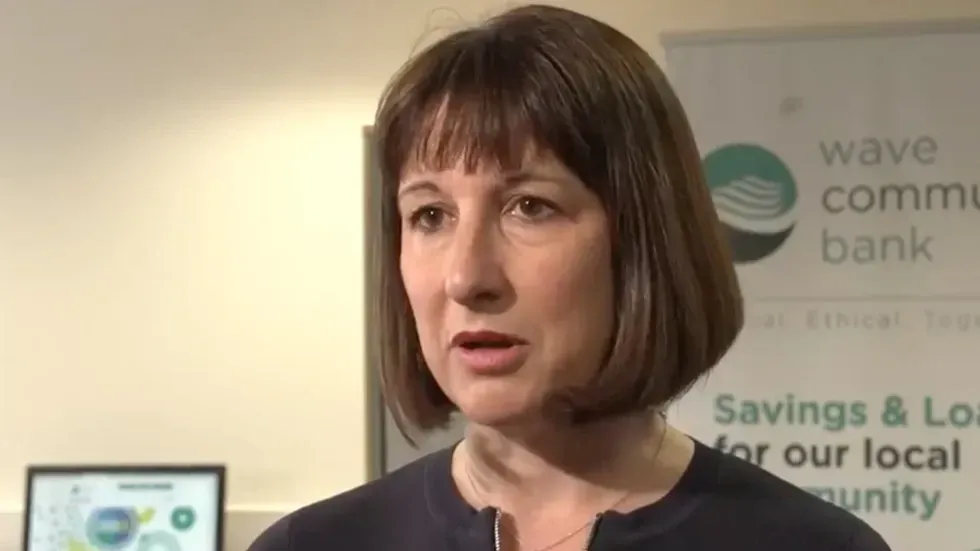
The leading Labour politician appeared to sit on the fence on this crucial issue, even after meeting with young people from the local area who told her how hard it was not only to buy property, but rent it too.
These young people expressed their experience of the housing crisis, emphasising the difficulty in finding affordable places to live in the face of skyrocketing prices.
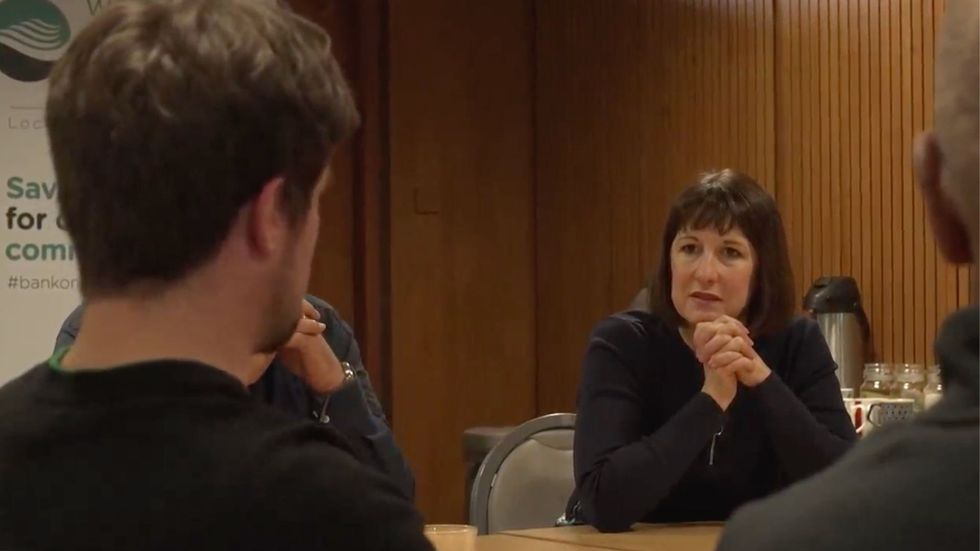
Rachel Reeves met with young people today
|GB New
Yet despite the experiences of the people she met, Reeves chose not to address the central issue of high house prices and rents directly. Instead, she focused on interest rates, which have been rising around the world and in the UK, adversely affecting mortgage costs.
While interest rate rises are of course a problem for people with and looking to get mortgages, this problem is a function of high house prices in the first place. Small rate rises today are equivalent to far larger rate rises decades ago, due to the vastly higher cost of homes.
According to the Nationwide House Price Index, the average cost of a house in the UK today stands at £257,000. In 1997, the average UK house price was around £56,000. That is a 360 per cent increase in prices, far above the rate of inflation.
The high cost of houses has many knock on effects, from limiting the number of children families feel they can have to economic growth more broadly.
Despite the Labour Party’s pledge today to “help first-time buyers”, the party cannot say if they want to bring down prices or not. More clarity will be needed before the next election, expected in 2024.
The lack of a definitive stance on the issue of house prices raises questions of the party's commitment to genuinely addressing the housing crisis and follows criticism of the modern Labour Party’s repeated fence sitting.
Reeves is clearly attempting to appeal to those with houses who would like to see their value grow as well as those without homes who would like to see prices come down. This constructive ambiguity may simply serve to please no one at all.
In recent years the government has attempted to address housing affordability through what are known as demand side, rather than supply side measures. Measures that have been criticised as counterproductive.
Instead of addressing the cause of sky high prices, the government in effect handed money to those looking to buy houses, further increasing demand and pumping prices up.
While the Labour Party is encouragingly now promising planning reform, a supply side measure, it is yet to spell out what this would entail. Repeated attempts from recent Conservative governments to do similar have been defeated.
Research has suggested that the UK is missing four million homes. Bold action rather than ambiguity is needed to address this issue. And as of yet, Labour has offered little more than ambiguity.


